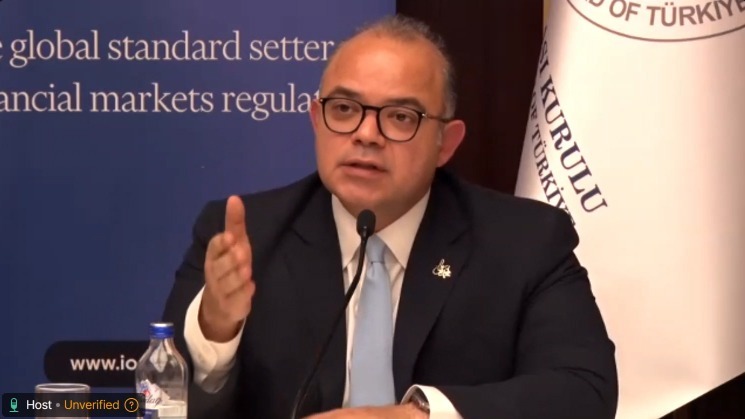- Determining the fair values of intangible assets based on a set of scientific standards and principles.
- Establishes a clear valuation framework that ensures fair and accurate asset valuations, thereby boosting investor trust and attracting investment.
- The issuance of these standards aligns with global best practices and supports the National Strategy for Intellectual Property by boosting the economic value of intellectual property.
- By establishing a framework for valuing intangible assets, the new standards will improve access to capital for startups and enhance the reliability of valuations for merger and acquisition purposes.
FRA Board of Directors, chaired by Dr. Mohamed Farid, issued Resolution No. 136 of 2025. This resolution establishes the first Egyptian Valuation Standards for Intangible Assets.
The new framework provides a clear and official definition for an intangible asset as any non-monetary asset that grants its owner economic rights or benefits, lacks physical substance and possesses specific economic features such as ownership, market position, reputation and legal protection. The standards cover a wide range of assets, including technology, computer software, trademarks, customer and supplier lists, patents, copyrights and various operating licenses like franchise agreements and broadcast spectrum rights.
The primary objective of these standards is to align Egypt with global best practices while catering to the unique needs of the local market. Given the increasing importance of intangible assets in determining a company’s true market value and financial performance, this initiative is expected to enhance the competitiveness of the Egyptian market and streamline valuation processes. These standards will be applied to all valuation operations carried out under FRA’s supervision.
Establishing a clear, unified valuation framework is vital for several reasons. It provides a solid foundation for assessing companies with significant intangible assets, thereby boosting investor trust and encouraging greater capital inflow. It also supports sound investment decisions, particularly in critical activities like mergers, acquisitions, restructuring and evaluating new investment opportunities. Furthermore, the standards will enhance transparency and disclosure which will lend credibility to financial reports, reinforce the trust of investors and financiers and improve overall market efficiency by providing comparable and verifiable information for a fairer allocation of resources.
The Resolution outlines specific methodologies for valuing intangible assets, offering three distinct approaches. The Income Approach estimates an asset’s value based on the present value of its future economic benefits. The Market Approach determines value by comparing the asset to similar ones recently traded in the market. Lastly, the Cost Approach calculates the value based on the cost of replacing or reproducing a similar asset that provides comparable benefits.
For an intangible asset to be recognized, the Resolution mandates specific criteria. It must be separable or isolable from the entity, meaning it can be sold or transferred. It must also originate from contractual rights or other rights that can be separated from the entity. The valuation process also requires considering special factors, such as the asset’s economic life and the appropriate discount and return rates.
This initiative directly aligns with the third objective of the Egyptian government’s National Strategy for Intellectual Property, which aims to maximize the economic returns of intellectual property to achieve sustainable development goals. The move reflects the state’s recognition of intellectual property’s vital role in driving the Egyptian economy and keeping pace with global trends.
To implement the new standards, FRA will enhance the skills of valuation professionals through training and awareness programs, ensuring that valuation reports meet international standards. The Authority’s goal is to facilitate the use of intangible assets in various financial activities, including trading, venture capital investments and financial reporting. This will help attract investments and financing.
By setting valuation standards for intangible assets, FRA is making it easier for companies, especially startups, to get financing. Startups often have significant intangible assets—like proprietary software and applications—that were previously hard to value objectively. With these new standards, they can now get a clear valuation, which is essential for attracting investment.
This move is part of FRA’s wider strategy to help startups in non-banking financial sectors secure the capital they need to grow. This aligns with other recent efforts by the Authority, such as launching FRA’s Regulatory Sandbox.
The Authority previously issued several regulations and decisions to create a supportive environment for startups and financial technology. For example, FRA developed new methodologies specifically for valuing startups. These standards are tailored to reflect the unique business models and growth stages of new companies – even before they generate revenue or sales. This helps startups access the crucial funding they need to grow, expand and meet their goals.
Last modified: August 7, 2025
